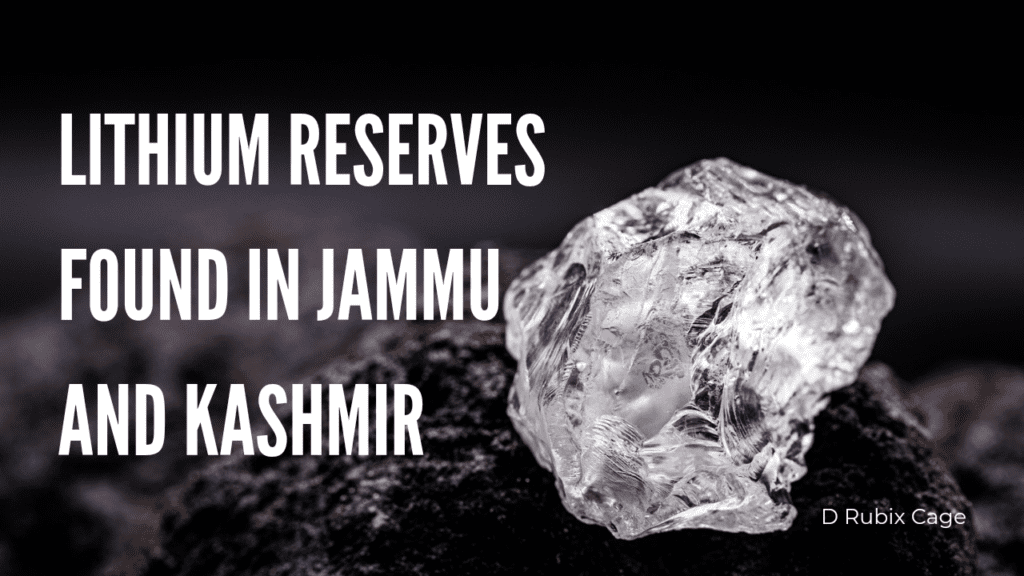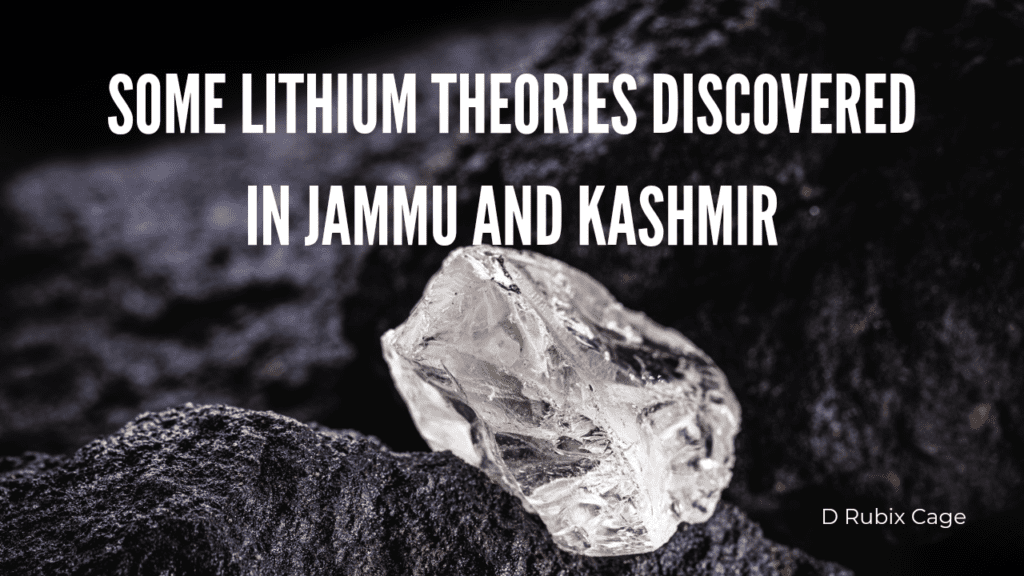
Jammu and Kashmir’s (J&K) finding of lithium reserves may help India’s electric vehicle (EV) market. But, it’s crucial to remember that the mining and processing of lithium can have a considerable negative influence on the environment.
India wants 30% of its fleet to be electric by 2030, and lithium is a critical component in EV batteries. Nonetheless, China is the principal source of importation for most of the lithium used in India’s EV batteries.
As a result, the finding of lithium reserves in J&K gives a chance for India to lessen its reliance on imports and build a domestic lithium supply chain. This may make electric vehicles more inexpensive and accessible to Indian consumers.
Nonetheless, proceeding cautiously and examining the environmental and social implications of lithium mining and processing is critical. In other regions of the world, lithium mining has been related to water pollution, deforestation, and the relocation of local inhabitants.
As a result, all lithium mining and processing in India must be done responsibly, with appropriate environmental and social safeguards in place. India must also develop recycling and battery reuse technology to lessen the environmental impact of the EV business.
To summarise, the finding of lithium reserves in J&K has the potential to strengthen India’s EV industry; nevertheless, this possibility must be balanced with appropriate environmental and social policies.
Some Lithium theories discovered in Jammu and Kashmir

Experts have offered many explanations regarding the discovery of lithium resources in Jammu and Kashmir. Among these theories are the following:
- Geological factors: The existence of lithium in Jammu and Kashmir is most likely owing to the region’s distinct geological characteristics. The Himalayan area is noted for its rich geology and mineral resources, and its geological processes may have generated lithium deposits.
- Economic factors: With increased worldwide demand for lithium, the finding of lithium in Jammu and Kashmir may be part of India’s efforts to lessen its reliance on imports and build a domestic lithium supply chain.
- Political considerations: The finding of lithium reserves in Jammu and Kashmir has also aroused concerns, especially considering the region’s complicated political past. Some experts believe that the discovery of lithium will allow the Indian government to gain greater control over the area and its resources.
- Environmental factors: Lithium mining and processing can have substantial ecological consequences, and some experts have expressed worry about the potential environmental implications of mining lithium in Jammu and Kashmir. All lithium mining and processing must be done responsibly, with sufficient ecological safeguards in place.
The discovery of lithium resources in Jammu and Kashmir will undoubtedly have economic, political, and environmental consequences. When examining the scenario, experts must take these elements into account.
